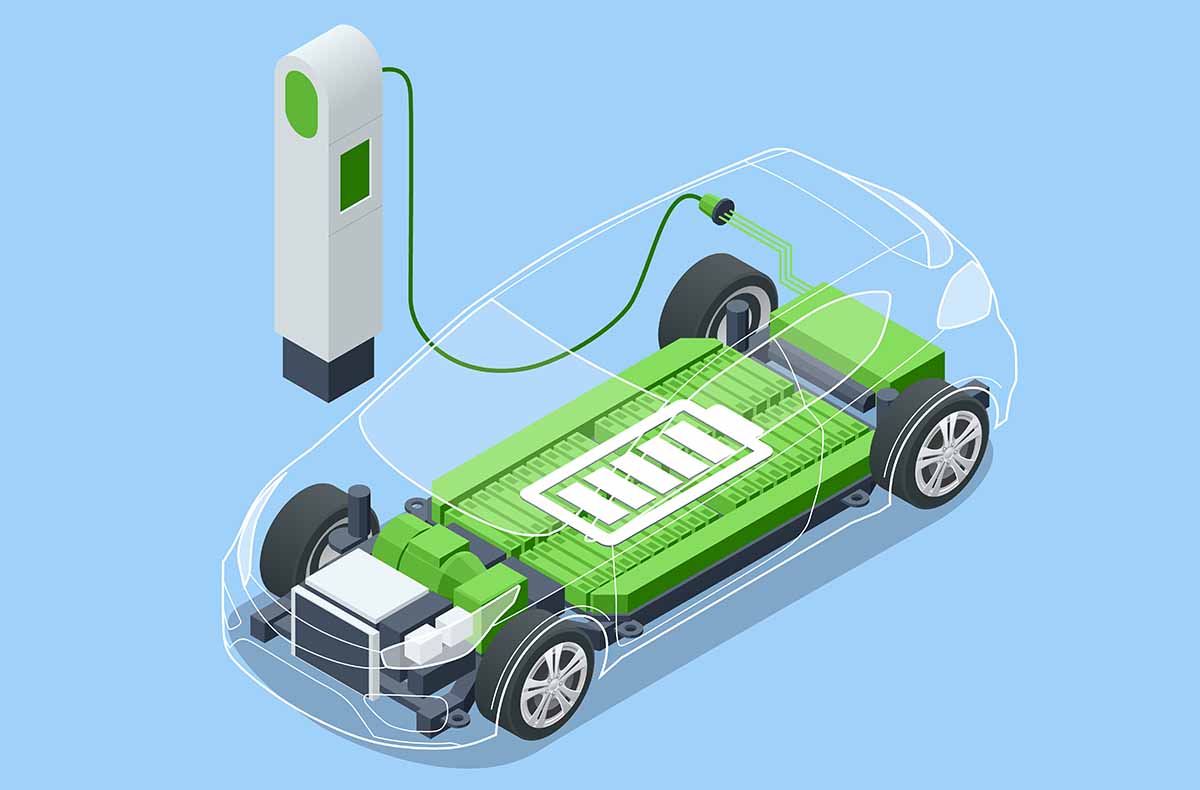
Morocco is widely known for its rich cuisine, history and, more recently, its outstanding performance in the 2022 World Cup. However, this North African country is rarely mentioned for its renewable, sustainable energy efforts.
From inventing the world’s fastest Lithium battery to building Noor, the world’s largest solar energy complex, Morocco, is set up to become one of the leading nations in the fight against climate change.
The country is also venturing into the electric vehicle (EVs) market and pioneering the future of electric cars, making them cheaper, more accessible to the world and accelerating breakthroughs in the automotive industry.
How Morocco became a market leader for EVs
To understand how Morocco got into this position, we must first understand the factors that led us here. It begins with a scientist, engineer and inventor called Dr. Rachid Yazami.
He is famous for inventing the lithium-ion battery in 1980. While it was a commercial and environmental success, Yazami sought to further improve his invention. He recognized the potential of anode-powered cells, so he perfected his methods for higher gains.
His research would eventually bear fruit. In September 2022, Yazami invented the world’s fastest lithium battery, able to fully charge an electric car battery in less than 10 minutes. Yazami’s research marked a milestone for the electric car industry.
Morocco soon got involved in the production of these batteries. The country’s abundance of cobalt, phosphate and lithium minerals—important resources in making electric car batteries—allows it to produce large quantities of them in a reasonable time frame.
Once EV-friendly automobile brands heard news of these achievements, Morocco was swamped with demand for these products. Some of these companies who came calling included established European automobile manufacturers like Renault and Opel—and new names like Tesla. In a surprising development, Tesla struck a deal with Morocco to produce electronics for the American company.
Morocco’s vast experience as a large automobile manufacturer for European and Asian corporations—and now the United States—made the country a hub for electric cars.
Although it would still serve its partners, the North African country wasn’t set on solely exporting automotive parts to foreign companies. The combination of exclusive ultra-fast charging lithium battery production, abundant mineral resources, ample demand from EV automobile brands, foreign investments, and decades of experience gave Morocco the confidence to develop ambitious projects.
Morocco’s EV future
One of these ventures involves the production of a 100% Morocco-manufactured and assembled electric car called Neo. This car will be one of Morocco’s proudest achievements as Neo will be budget-friendly. The price averages $16,200, making it the cheapest electric car to date.
The low price tag is a far cry from other EVs, such as Toyotas, Teslas or BMWs. This makes Morocco’s Neo the prime solution for sustainable transportation solutions for emerging countries in regions such as Africa, the Middle East and Asia.
If Neo makes substantial progress in the coming months, Morocco will be able to offer affordable electric cars across the world. Not only will this fight climate change through low carbon emissions but it will shape the future of EVs by making them available to a broader group of income brackets.
Even if Neo doesn’t catch on, Morocco is well-positioned to become a key player in the EV industry. Since Morocco supplies electric car brands with efficient batteries and parts, the country will continue to influence the EV market in Europe and Africa.
The challenges ahead
Despite these successes, Morocco has a long way to go to introduce electric cars within its own borders. For a country determined to change the EV industry, it needs more internal resources to make electric cars an appealing choice on its own soil. This is mainly due to insufficient numbers of charging stations.
While there have been efforts to push for more charging stations, the lack of infrastructure and regulations poses a large problem for the government. Some solutions have been proposed, like collaborating with local fuel corporations to accelerate charging station availability.
However, without a central government regulator, the process of building, deploying and authorizing investor plans is slow and tedious, further demotivating locals from purchasing electric cars. Those who do own them often rely on elementary solutions like charging at home through a power outlet. This poses a risk to the car because it can overheat the battery and shorten its life. Home electrical systems are vulnerable, too, as fuses can be overwhelmed and blown.
What EVs could mean for the youth of Morocco
As a Moroccan EV enthusiast, my country’s achievements in this industry have gone beyond my expectations. On an international level, my country is fighting global warming and promoting cleaner energy sources, which is a notable achievement for a developing nation.
On a national level, it is also providing economic opportunities for the youth. The direct impact is that the growing industry offers job openings. There are also indirect benefits, like increased tourism due to interest in the country and freelance projects generated by more business operations.
Morocco’s noble goal of rendering electric cars accessible to everyone everywhere fills me with pride. While much still needs to be done collectively by the world to help combat climate change, it is gratifying to see Morocco step up and demonstrate how one underdog country can do its part.
